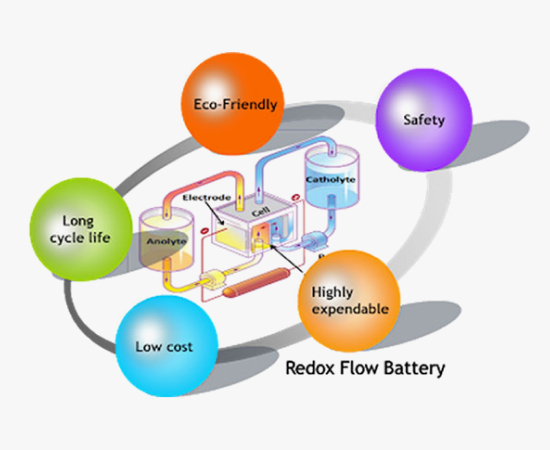
Aqueous Battery
Aqueous batteries, which utilize water-based electrolytes, have recently garnered significant attention as a post-lithium battery option due to their non-flammability, high ionic conductivity, environmental friendliness, and low cost. Their intrinsic non-flammability greatly enhances battery safety, consequently preventing fires or explosions and eliminating the risk of life-threatening accidents.
Our team focuses on developing high-performance and safe aqueous batteries, such as non-flow zinc-based batteries and vanadium redox flow battery. We aim to improve redox reactions and minimize side reactions by modifying the solvation structure of charge carriers and engineering the electrode/electrolyte interphase at the molecular level. Concurrently, we explore the underlying reaction mechanisms and chemistry using multifarious electrochemical and materials analysis techniques, along with computational studies based on Density Functional Theory (DFT) and molecular dynamics (MD) simulations.

